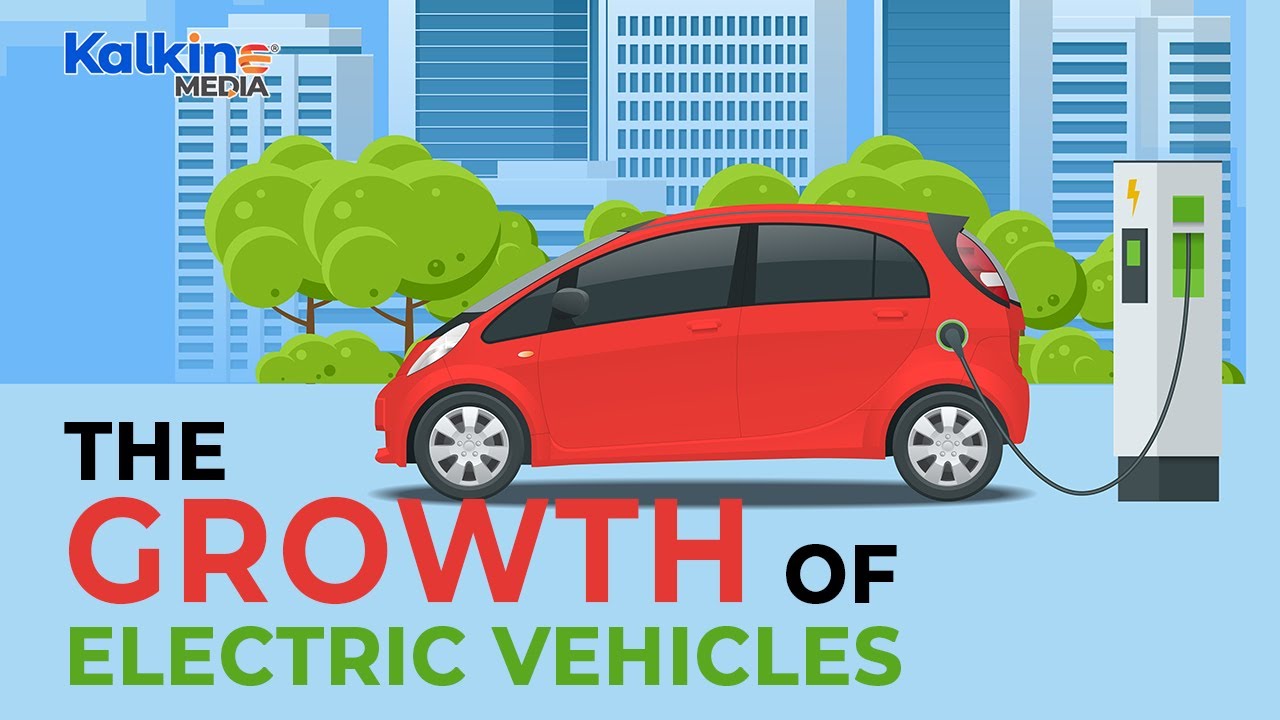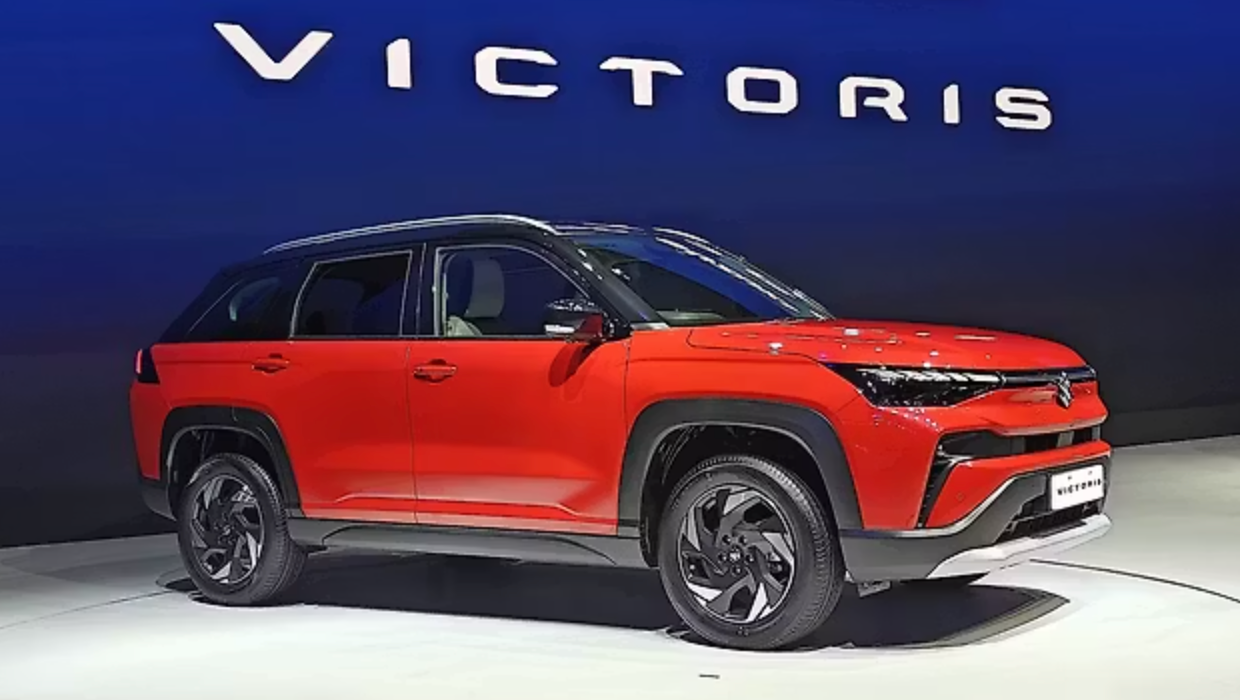The Benefits of Electric Cars on the Environment
Electric cars have gained significant popularity in recent years due to their positive impact on the environment. As concerns about climate change and air pollution continue to grow, people are actively seeking alternative transportation options that can help reduce carbon emissions and promote a cleaner, greener future.
Reduced Carbon Emissions
One of the key benefits of electric cars is their ability to significantly reduce carbon emissions. Unlike traditional gasoline-powered vehicles, electric cars produce zero tailpipe emissions. This means that they do not emit harmful pollutants such as carbon dioxide (CO2), nitrogen oxides (NOx), and particulate matter (PM) that contribute to air pollution and climate change.
Improved Air Quality
By choosing electric cars over conventional vehicles, we can greatly improve air quality in our cities and communities. The elimination of tailpipe emissions from electric cars reduces the release of harmful pollutants into the atmosphere, leading to cleaner and healthier air for everyone to breathe. This has a direct positive impact on public health, especially for individuals with respiratory conditions.
Renewable Energy Integration
Electric cars can also play a crucial role in the integration of renewable energy sources into our transportation system. As we transition to a more sustainable energy future, electric cars can be charged using electricity generated from renewable sources such as solar and wind power. This synergy between renewable energy and electric vehicles helps to further reduce greenhouse gas emissions and dependence on fossil fuels.
Energy Efficiency
Compared to internal combustion engine vehicles, electric cars are significantly more energy-efficient. Traditional gasoline-powered cars convert only about 20% of the energy stored in fuel into mechanical energy, while the rest is lost as waste heat. In contrast, electric cars can convert more than 60% of the energy from the grid to power the wheels, resulting in less energy wastage and higher overall efficiency.
Reduced Noise Pollution
Electric cars are much quieter than their gasoline counterparts, contributing to a reduction in noise pollution. The absence of a noisy combustion engine and muffler systems results in a smoother and quieter driving experience. This is particularly beneficial in urban areas, where noise pollution from traffic can negatively impact the quality of life for residents.
Long-Term Cost Savings
While electric cars may have a higher upfront cost compared to conventional vehicles, they offer significant long-term cost savings. Electric cars have lower operating costs as electricity is generally cheaper than gasoline. Additionally, electric vehicles require less maintenance due to fewer moving parts and no need for oil changes. Over time, these cost savings can offset the initial investment, making electric cars a financially viable option.

Electric cars provide numerous benefits for the environment and society as a whole. From reducing carbon emissions and improving air quality to promoting renewable energy integration and offering long-term cost savings, electric vehicles are a key solution in the fight against climate change and pollution. By embracing electric cars, we can create a sustainable and cleaner future for generations to come.
Frequently Asked Questions
1. How do electric cars benefit the environment?
Electric cars produce zero tailpipe emissions, reducing air pollution and improving air quality.
2. Do electric cars help combat climate change?
Yes, electric cars produce fewer greenhouse gas emissions compared to gasoline-powered vehicles, helping to reduce the overall carbon footprint and combat climate change.
3. Are electric cars more energy-efficient than conventional cars?
Electric cars are more energy-efficient as they convert a higher percentage of the energy from the grid to power at the wheels, compared to internal combustion engines.
4. Do electric cars contribute to noise reduction?
Yes, electric cars are significantly quieter than traditional cars, reducing noise pollution in urban areas.
5. Are there any indirect environmental benefits of electric cars?
Electric cars can promote the use of renewable energy sources, as they can be charged using clean energy generated from solar or wind power.
6. Do electric cars reduce dependence on fossil fuels?
Yes, electric cars help reduce dependence on fossil fuels as they can be powered by electricity generated from renewable sources, decreasing the demand for oil and gas.
7. Are there any drawbacks to electric cars on the environment?
While electric cars offer numerous environmental benefits, the production and disposal of their batteries can have some environmental impact if not managed properly.
8. Can electric cars help improve air quality in cities?
Yes, electric cars contribute to improving air quality in cities by eliminating the emission of pollutants such as nitrogen oxides and particulate matter.
9. Are electric cars a sustainable transportation option?
Electric cars are considered a more sustainable transportation option as they reduce greenhouse gas emissions, promote renewable energy use, and help in achieving long-term environmental goals.
10. Do electric cars require less maintenance compared to conventional cars?
Yes, electric cars generally require less maintenance as they have fewer moving parts, eliminating the need for oil changes and reducing the frequency of repairs.




